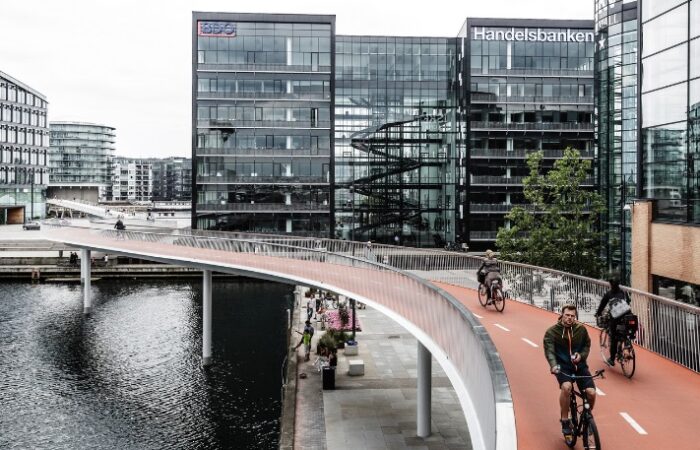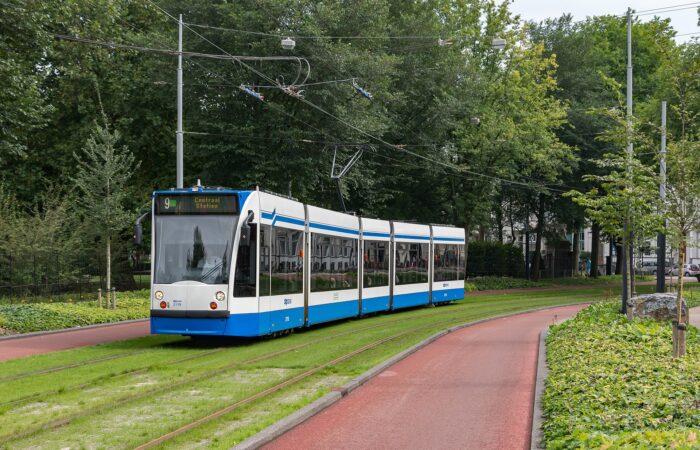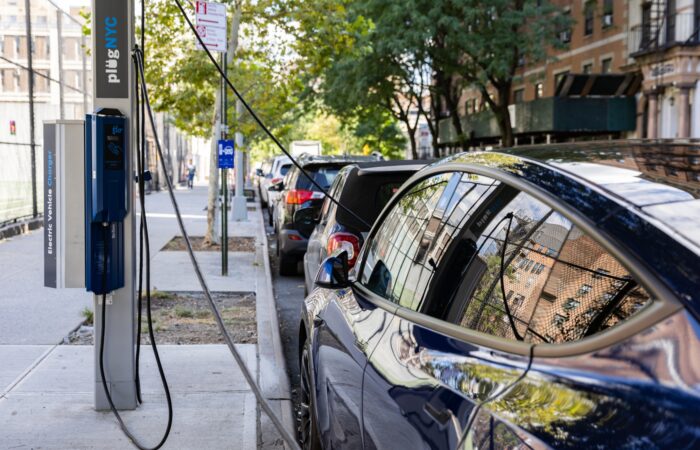Sources of Insight
Good Practices
Cities/regions that have made significant progress or achieved success in developing future mobility systems

Copenhagen, Denmark
Copenhagen is known for its comprehensive and well-integrated cycling infrastructure. The city has invested in a network of dedicated bike lanes, traffic signals, and parking facilities. This commitment to cycling has significantly reduced congestion and air pollution while promoting a healthier and more sustainable urban environment.

Amsterdam, Netherlands
Amsterdam has developed an extensive public transportation system that includes buses, trams, and trains, making it easy for residents to move around the city without relying on private cars. The city is also known for its bike-friendly infrastructure, with dedicated cycling lanes and parking facilities. Amsterdam's emphasis on multimodal transportation and sustainable urban planning has made it a model for other cities worldwide.

Singapore
Singapore has made significant progress in implementing smart mobility solutions. The city-state has integrated various transportation modes, including buses, trains, taxis, and ride-sharing services, into a single platform called "Beeline." It has been actively testing and deploying autonomous vehicles for public transportation and goods delivery. These initiatives have contributed to improved efficiency and reduced traffic congestion in the city.

San Francisco, United States
San Francisco is known for its innovative transportation solutions, including a robust network of electric vehicle charging stations and a strong commitment to promoting shared mobility services. The city has encouraged the use of electric vehicles and bike-sharing programs, reducing reliance on private cars and contributing to a more sustainable transportation ecosystem.
